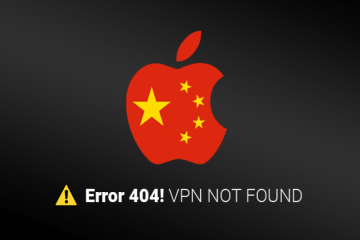
Why more needs to be done to defend internet access
On November 17th, 2019, Iran cut out access to the internet. This meant that the Iranian government could repress protests over increased gas prices without making much news. Reportedly, 180 people were killed in the process, yet people were mostly unable to share information about the repressive acts of the government. This is only one recent case of hundreds of governmental internet blackouts that have been performed in 2019. At present, countries are facing very little consequences for shutting down their citizens’ access to the internet. In a world where the internet is playing an increasingly important role both in daily life and political contestation, very little is being done to safeguard access to the internet. What is needed is a serious shift in …

Measuring Censorship on Mobile App Stores
Recent years have brought about improvements in corporate transparency regarding content takedown requests by governments. Google and Twitter, for instance, specify details of content takedowns in their transparency reports, allowing to identify which government authority demanded what content to be removed and why. Other takedowns can be demanded by private actors on copyright grounds for instance. The Lumen database gives more insight into takedowns of such nature. However, little to almost no transparency exists when it comes to mobile app stores. Mobile app stores are a sort of marketplace on phones and allow for the download of health, productivity, privacy, and other apps. These marketplaces are very opaque, and it is a challenge to know why an app was removed. …

“The Rights of Journalism and the Needs of Audiences”: Onora O’Neill on the Rise of Corporate Media
On 21 November 2011, the Oxford Reuters Institute for the Study of Journalism hosted its annual Memorial Lecture at St. Anne’s College, exploring “The Rights of Journalism and the Needs of Audiences.” The topic shed light on the phone hacking scandals that occurred last summer, shaking both media and consumers alike, and culminating with the closure of Rupert Murdoch’s News of the World. The Institute had the distinct pleasure of hosting renowned philosopher and former President of the British Academy, Baroness Onora O’Neill, to deliver the lecture. O’Neill framed her talk around the complicated relationship between the rights to privacy and free press, emphasising that the debate between these two key features of democratic societies fails to adequately show how …









